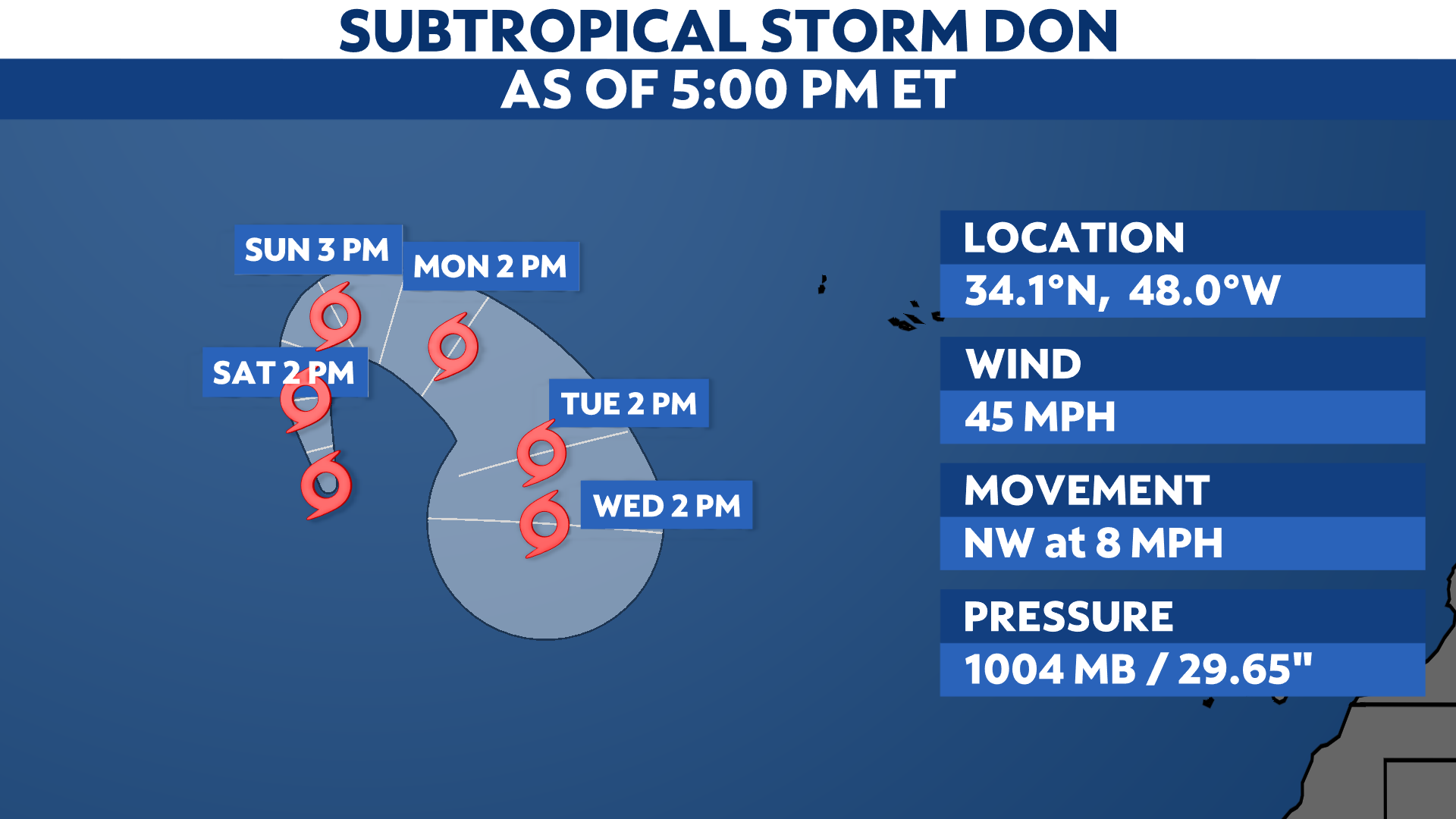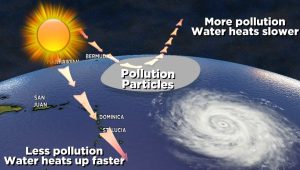Before coming to Capitol Hill, Massachusetts Rep. Seth Moulton served four tours of duty in Iraq with the United States Marine Corps.
When he returned home, he struggled with mental health issues. In 2019, Moulton disclosed that he sought treatment for post-traumatic stress disorder following his deployments in Iraq.
“I had some particular experiences or regrets from the war that I just thought about every day, and occasionally I’d have bad dreams or wake up in a cold sweat,” he told POLITICO at the time. “But because these experiences weren’t debilitating — I didn’t feel suicidal or completely withdrawn, and I was doing fine in school — it took me a while to appreciate that I was dealing with post-traumatic stress and I was dealing with an experience that a lot of other veterans have.”
The Massachusetts Democrat’s experience is one of the reasons why he worked across the aisle to overhaul the National Suicide Prevention Lifeline.
“I wasn’t willing to get help, because I just wasn’t having a conversation with anyone about mental health,” Moulton told Spectrum News.
Moulton and Utah Rep. Chris Stewart, a Republican who recently announced his resignation from Congress, introduced a bill in 2019 that paved the way for the creation of the 988 Suicide & Crisis Lifeline. The bill passed in bipartisan fashion and was signed into law in 2020 by then-President Donald Trump.
The new mental health lifeline launched nationwide on July 16, 2022, as a free, 24/7 hotline for anyone experiencing any type of mental health-related distress, including individuals who are worried about a loved one and need crisis support. The purpose of 988 was to improve access to crisis services addressing suicide and mental health care and to cut down on the number of such calls to 911.
According to data released Thursday by the Department of Health and Human Services, since its launch, 988 has processed more than 5 million contacts – 2 million more than the Suicide and Crisis Lifeline’s previous incarnation handled annually, according to Health and Human Services Secretary Xavier Becerra.
“That is well over a million, close to 2 million, more than what we saw in previous similar time frames,” Becerra told CNN. “We now have to make sure that we continue to build the end of the pipeline, which means once they’ve called in, we’ve got to make sure they’re getting services as well.”
Moulton told Spectrum News that he’s really proud about what they’ve been able to accomplish in a year’s time.
“We’re saving thousands of lives,” he said. “I mean, literally 5 million calls. Arguably, we’re saving millions of lives.”
At an event Thursday marking the one-year anniversary of the hotline, Becerra announced that the 988 Suicide & Crisis Lifeline is now offering its chat and text service in Spanish.
“So many of our young people prefer to text and chat,” he said. “Now, if you call, you’ll get someone who actually speaks to you or texts with you or chats with you in Spanish, and that’s important.”
Until Thursday, 988 chat and text services were only available in English. Phone calls to 988 are already available in Spanish. Translation services for more than 250 languages are also available for those who dial in.
“The stigma around talking about mental health issues in Spanish-speaking communities is so strong that sometimes it’s easier for Spanish speakers to call and say, ‘I’m not calling for myself,’” a 988 crisis counselor said in a video explaining the need for 988 services in the second most common language spoken in the United States.
About 13% of the U.S. population speaks Spanish as their primary tongue, according to the U.S. Census Bureau.
“With Spanish chat and text, what we’re anticipating is that people are going to feel more comfortable reaching out when they don’t have to hear somebody’s tone of voice, so I think we’ll see more openness from people,” the counselor said.
Officials also touted that they added specialized services for LGBTQ+ youth and young adults earlier this month. But the challenge now is continuing to raise awareness for the platform – according to a poll from the National Alliance on Mental Illness, 80% of U.S. adults still don’t know about 988 and the resources it offers.
Moulton says there will always be critics, but adds that those behind 988 always see room for improvement. Now he’s focused on encouraging others in Congress to stay the path, because lives depend on it.
“I want to make sure is that we have a bipartisan commitment to continue this funding,” he said, adding that he’s sponsoring a bill to ensure that 988 has “continued funding going forward, and we can meet this need.”




